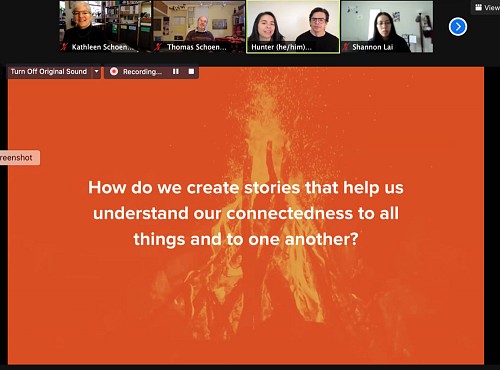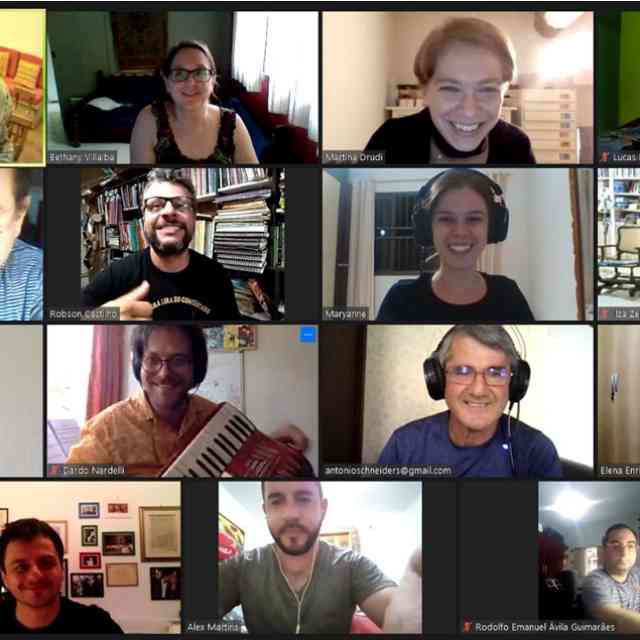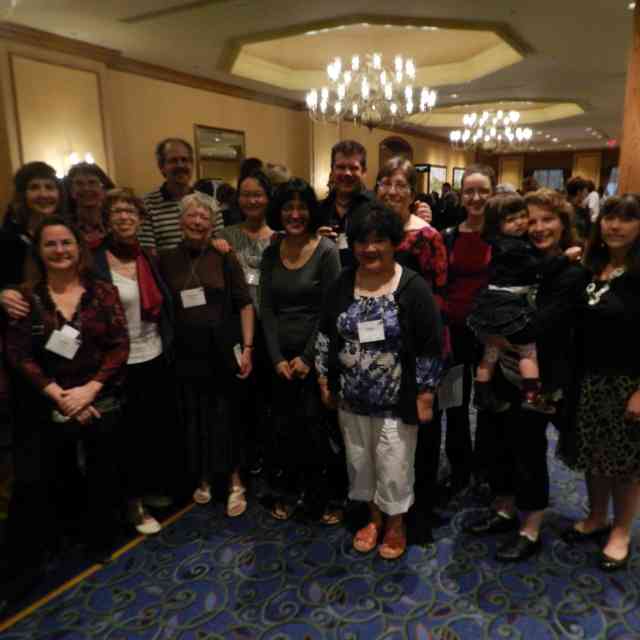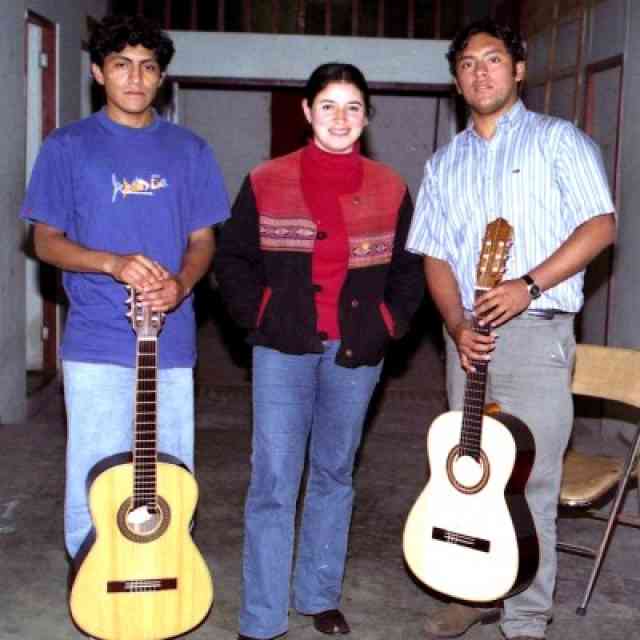Since the sad and distressful events of the summer of 2020 particularly in the U.S., the world has become awakened—or re-awakened to systemic racism—everywhere. There have been many manifestations of this re-awakening.
Since the Confederation of Canada in 1967, Canadians have been grappling with our history, particularly with our First Nations, our indigenous people from coast to coast. It is not a happy history.
Suzuki teachers in Canada have taken a significant step. Jacquelyn and Hunter Cardinal, who operate the Edmonton consulting firm Naheyawin, created a two-session course for Suzuki teachers, through the efforts of Kathleen Schoen, a flute/recorder trainer from Edmonton. It was especially significant to see teachers from coast to coast on the screen, each of whom might see this re-awakening from a different perspective.

In recent years, Canadians have been including ‘land acknowledgements’ at public meetings and concerts. This has been a way to recognize our relationship with our land and its original inhabitants, the Indigenous people. Sometimes this takes the form of recognizing a treaty relationship; sometimes it is an acknowledgement that we are on unceded territory. Either way, it is an opportunity to realize that in this moment we are all on the land together, and it is through the land that we are connected to one another. This recognition of our interconnectedness through the land is a first small step towards beginning to re-examine our relationship with the indigenous peoples, and dealing with the unfortunate legacy of systemic racism that is the historical result of that relationship so far. Naheyawin guided us through the process of creating a a personal land acknowledgement which could be appended to an organizational land acknowledgement. But it is a long, intensive process!
The session that will follow will address indigenous allyship in the music studio.









